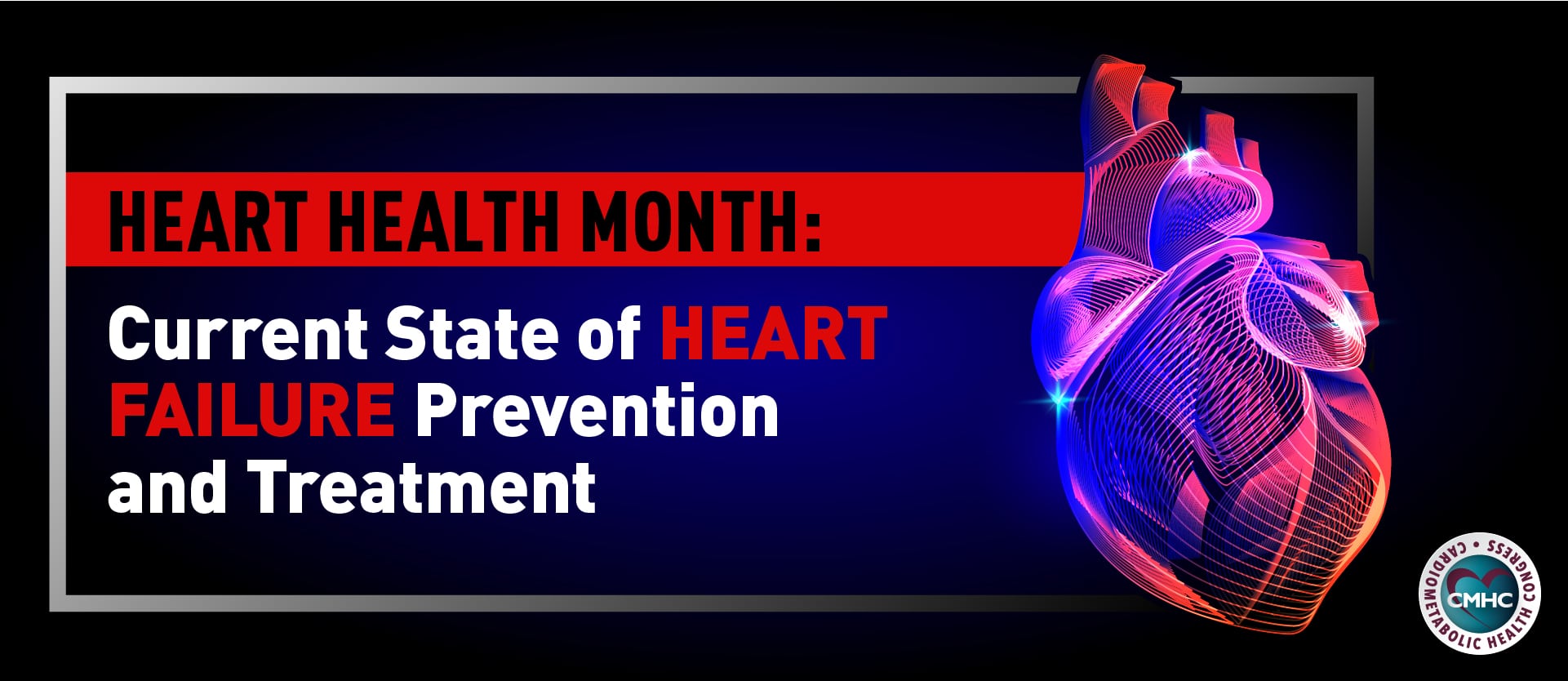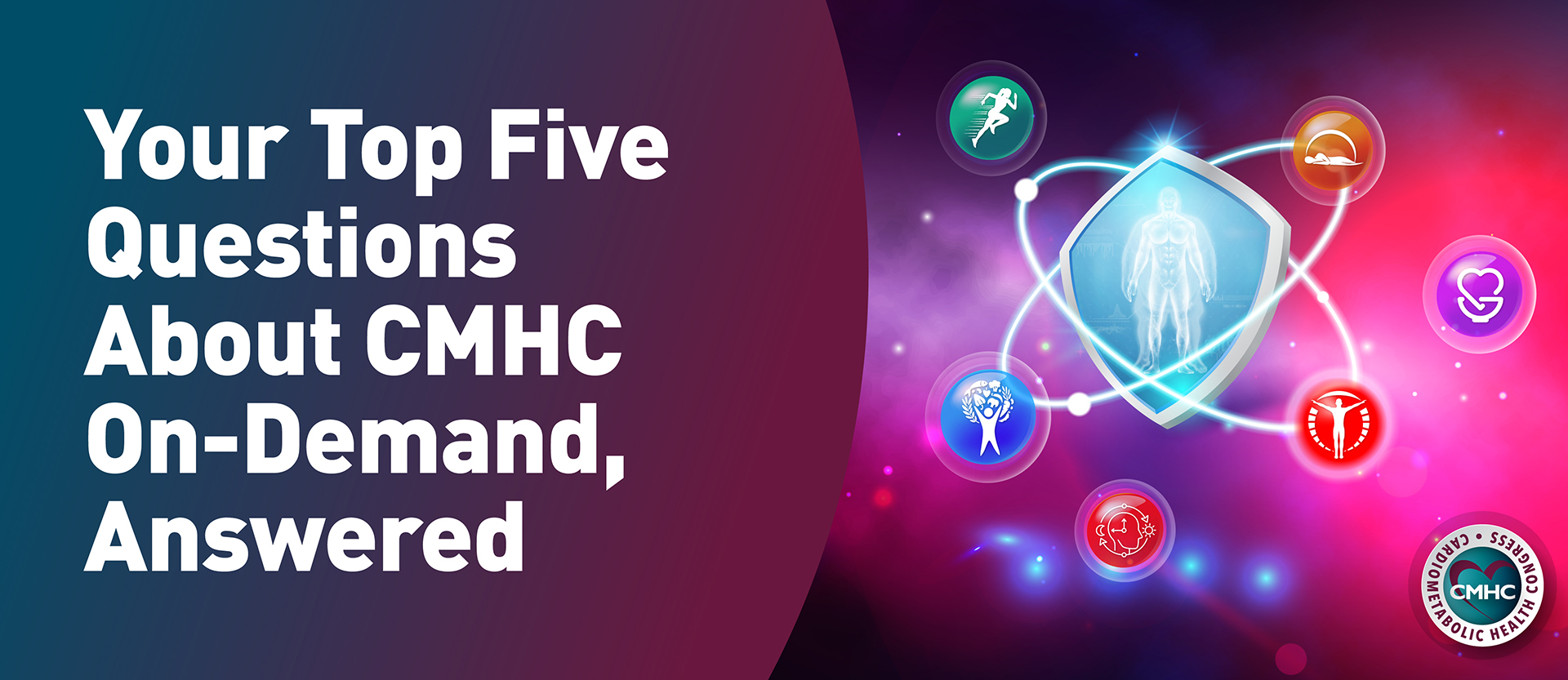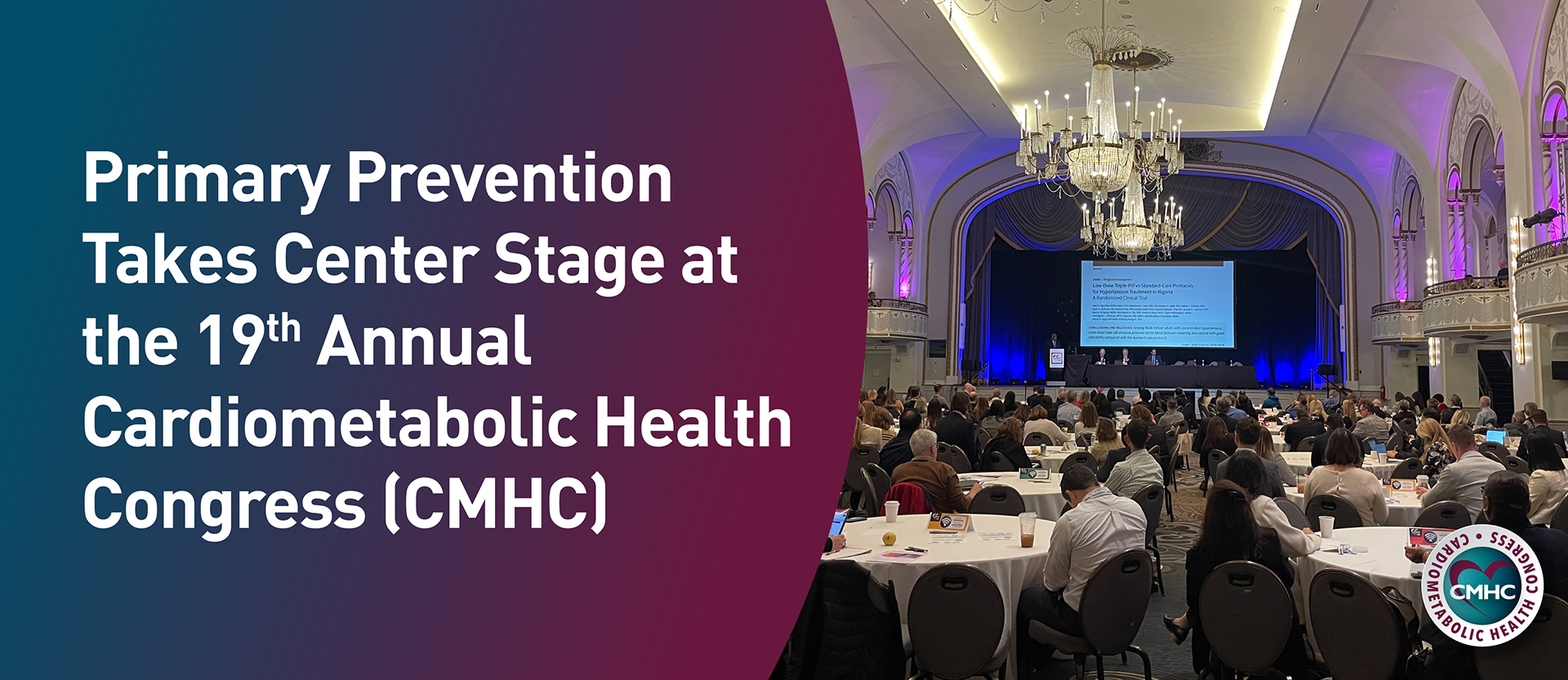February marks the beginning of Heart Health Month an annual celebration raising awareness for cardiovascular disease and promoting global heart health, during which we will be spotlighting clinically topical areas of cardiovascular medicine.
Current statistics indicate that approximately 6.2 million adults in the United States have heart failure (HF) with a continuously rising prevalence over time due to an increasing aging population. This condition is estimated to cost the nation billions of dollars annually in healthcare services, medications, and missed days of work. While the body of evidence informing the prevention and treatment methods for cardiovascular disease grows, acute heart failure continues to be a challenge.
Current Treatment Guidelines
At this point in time, the standard of care for heart failure is cardiac resynchronization therapy although, timing and need for implantable cardiac defibrillator has been brought into question in recent randomized trials.
The latest developments in heart failure treatment have been outlined by the Canadian Cardiovascular Society (CCS) and Canadian Heart Failure Society (CHFS) as part of their Heart Failure Clinical Practice Guidelines published in February 2020. Their recommendations on clinically relevant topics in the management of heart failure are based on the latest available evidence and include:
- Updates for Percutaneous Mitral Valve Repair
The CCS and CHFS strongly recommend maximally tolerated guideline-directed medical therapy (GDMT) – including cardiac resynchronization therapy and revascularization where appropriate – be implemented before consideration of percutaneous mitral valve repair (PMVR) for patients with heart failure and reduced ejection fraction (HFrEF) and severe functional mitral regurgitation (FMR). They also suggest that patients with symptomatic HF (HFrEF) despite maximal GDMT and severe mitral regurgitation be evaluated for PMVR and urge the use of a multidisciplinary cardiac team to evaluate and manage the care of potential candidates for PMVR. - Treatment of Cardiac Amyloidosis
In cases of suspected cardiac amyloidosis (CA) is suspected, the CCS/CHFS recommends ruling out light-chain amyloidosis using serum-free light chains as well as serum and urine protein electrophoresis with immunofixation. They highlight the importance of accurately identifying the amyloid subtype before initiating specific treatment methods to avoid inappropriate treatment applications. - Evidence for Angiotensin Receptor Neprilysin Inhibitors in HFpEF
New evidence from a prospective comparison of angiotensin receptor-neprilysin inhibitors with angiotensin-receptor blockers in heart failure with preserved ejection fraction trial revealed a modest but nonsignificant 13% reduction in first and recurrent HF hospitalizations and cardiovascular death. The study’s findings also revealed a significant improvement in the quality of life and renal function suggesting the possible benefits of sacubitril/valsartan therapy compared with valsartan use alone. However, the CCS/CHFS emphasize the statistically insignificant reduction and therefore do not recommend the general use of sacubitril/valsartan in patients with HFpEF. - Evidence for SGLT2 Inhibitors and HF
Per the latest clinical guidelines, the CCS/CHFS strongly recommend the use of SGLT2 inhibitors – such as empagliflozin, canagliflozin, and dapagliflozin – for the treatment of patients with type 2 diabetes and atherosclerotic cardiovascular disease in order to diminish the risk of HF hospitalization and death. Specifically, they recommend the use of SGLT2 in patients over the age of 50 with type 2 diabetes who have additional CVD risk factors as well as patients with mild to moderate HF due to a reduced LVEF and concomitant type 2 diabetes. Furthermore, the CCS/CHFS recommends this treatment for patients with mild to moderate HF as a result of reduced LVEF without comorbid diabetes in order to improve symptoms and quality of life while also decreasing the risk of hospitalization and cardiovascular mortality. Finally, they recommend this therapeutic method for patients above the age of 30 who have both type 2 diabetes and macroalbumineria renal disease for the reduction of HF hospitalization and renal disease progression risk.
Treatment Advancements
In addition to current treatment protocols, emerging evidence points to the potential of novel developments in heart failure drug and device therapeutics. A recent review published in Current Opinion in Cardiology outlined these developments, highlighting two new drugs that have been added to the options for HFrEF treatment – ivabradine and angiotensin receptor-neprilysin inhibitors.
Additionally, the review reports that initial data from a novel left ventricular assist device (LVAD) pump – the HeartMate 3 (HM III) – demonstrated no reports of pump thrombosis at 6 months however, stroke and right ventricle failure continued to be a challenge with comparable rates to the HeartMate II.
Several large studies in HFpEF failed to show improvement in outcomes and management methods continue to center around lifestyle interventions as well as symptom relief.
Current Prevention Guidelines
The American College of Cardiology (ACC) and American Heart Association (AHA) released the latest clinical practice guidelines with recommendations to improve cardiovascular health in 2019. These are based on systematic methods to inform the delivery of quality cardiovascular care. Currently, these recommendations primarily center on the maintenance of a healthy lifestyle including the consumption of a healthy diet, that emphasizes the intake of vegetables, fruits, and lean proteins while minimizing the intake of trans fats and processed goods. For overweight and obese adult patients, counseling and caloric restriction are recommended to achieve and maintain weight loss. The ACC and AHA recommend adults engage in at least 150 minutes of cumulative moderate-intensity physical activity or 75 minutes per week of vigorous-intensity physical activity.
As the most effective strategy for heart failure prevention, the guidelines recommend clinicians implement a team-based care approach based on the careful evaluation of social health determinants that can have an effect on the patient. All adult patients need to be assessed for tobacco use at every healthcare visit while those who use tobacco should be strongly advised to quit and assisted in the process. In addition, the ACC/AHA recommend adults between the age of 40 and 75 who are being evaluated for CVD prevention undergo a 10-year atherosclerotic cardiovascular disease (ASCVD) risk estimation and clinician-patient risk discussion before beginning pharmacologic therapy.
Currently, statin therapy is the first-line treatment for the prevention of ASCVD in patients with elevated low-density lipoprotein cholesterol levels, those with diabetes mellitus, patients between 40 and 75 years of age, as well as those determined to face a sufficient risk. Aspirin should not be used frequently in routine primary prevention of ASCVD due to a lack of reported net benefit. However, all nonpharmacological interventions are recommended for adults with elevated blood pressure or hypertension; for those requiring pharmacologic therapy, the target blood pressure should be <130/88 mm Hg. In patients with type 2 diabetes mellitus, lifestyle interventions including dietary and physical activity improvements; in patients requiring medication, metformin is the first line of treatment followed by the consideration of a sodium-glucose cotransporter 2 inhibitor or a glucagon-like peptide-1 receptor agonist.
Although certain emerging therapies and devices have exhibited promising results, there are several therapeutics in the pipeline that have yet to provide a benefit. Therefore, a careful and clinically current review of all novel treatment methods is critical to effectively manage patients with heart failure. Prevention methods will likely remain primarily focused on dietary modifications and other lifestyle interventions.
Clinicians are invited to delve deeper into the current state of heart failure treatment and prevention at our CMHC Spring event, The Cardiometabolic Challenge: Navigating a Syndemic taking place between April 16-18, 2021 to obtain the latest and most clinically relevant education from world-renowned cardiometabolic health experts.


















